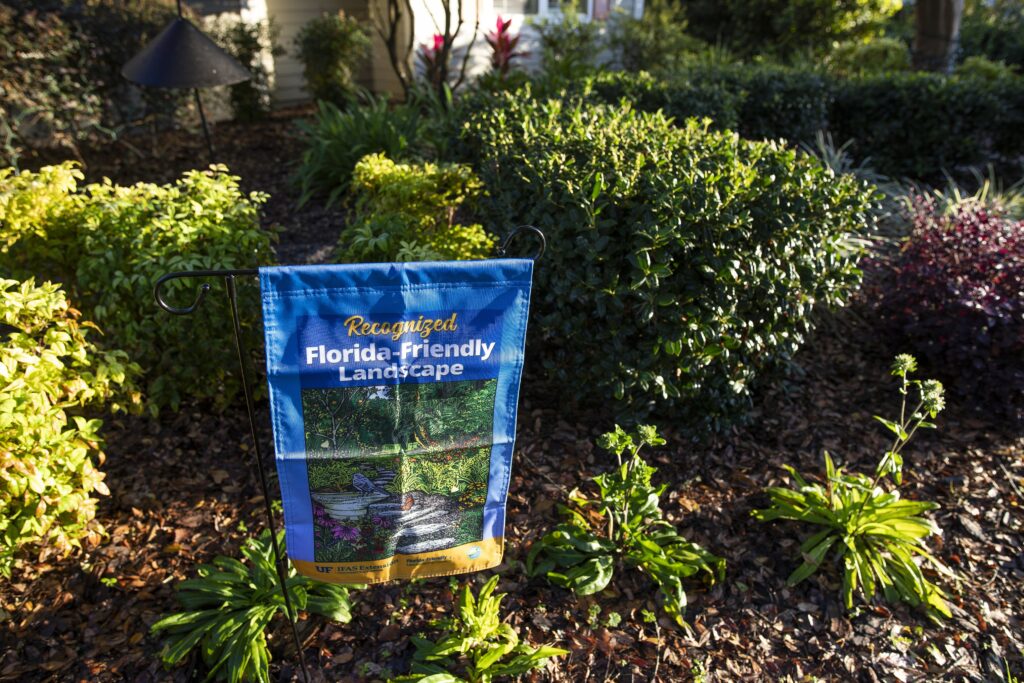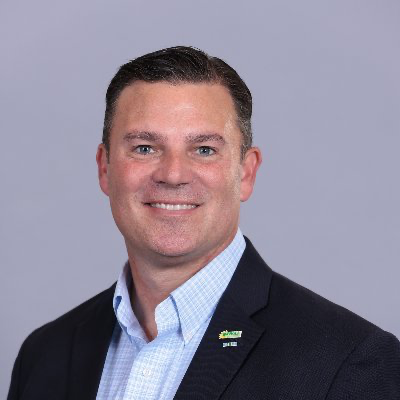By Talmadge Coley, CEO, Florida Nursery, Growers & Landscape Association
You buy and maintain plants for what you can see — brilliant hues, cooling shade, green artistry. What I see when I visit plant nurseries is the marvel of photosynthesis stemming the tide of greenhouse gas emissions that threaten our future. I see climate solutions.
When you plant, you help the planet. It’s an invisible but powerful benefit: Those beautiful plants and shrubs suck heat-trapping carbon from the air and replace it with oxygen.
Win, win, win. Florida has an opportunity to do much more to put this powerful principle into practice. We know plants can do much to mitigate climate change, but we don’t know how much. And we don’t incentivize it.
Scientists are exploring this. For example, a University of Florida Institute of Food and Agricultural Sciences (UF/IFAS) study estimates that Florida’s urban forests — the trees in your yard and your community — will deliver $76 billion in climate change benefits over their lifespan.
We need much more research like this. We also need agricultural producers like nursery operators to speak up and tout these benefits. That’s why I’m proud that members of the Florida Nursery, Growers and Landscape Association have become leaders in the Florida Climate Smart Agriculture (FLCSA) Work Group.
These producers are leading a conversation about how we can deliver climate solutions in the way we deliver food, feed, fuel, fiber and aesthetics. It would be enough for us to plant for climate change mitigation alone. But a landscape can provide a great deal more of the environmental benefits that we call ecosystems services.
Healthy lawns and landscapes help provide shelter and food for butterflies, birds and other wildlife. Roots help to hold soil in place, allowing water to go into the ground rather than running off and carrying pollutants with it. If properly placed, planted and cared for, trees can reduce energy consumption through shade.

Putting the right plants in the right places is what UF/IFAS codifies in its Florida-Friendly Landscaping program. It’s a recipe for a beautiful yard and colorful landscape while protecting Florida’s environment and natural resources. You can have turf, native plants and other plants bred for Florida’s climate to be drought tolerant, pest resistant, noninvasive and still easy to maintain. Currently the market only values what you can see.
I support incentives for people who produce plants for climate mitigation and other environmental benefits they deliver but for which they are not compensated. To do this, we need to quantify those benefits.
I’m encouraged by the FLCSA’s advocacy for this and the Legislature’s funding of current UF projects that put artificial intelligence to work to measure the water quality benefits of some types of agriculture. This is just the beginning of increasing our understanding of how much plants protect our planet. It can inform a public policy discussion of how we can support producers as sources of climate solutions that you don’t pay for at your garden center.

We’re in a position to move the needle here. Projections show the Florida population growing by about 12 million in the next 50 years. That means a lot of lawns and landscapes. If we can harness more science to show us what delivers the most bang for the buck from climate-smart production practices, we can make the green industry a higher-revving engine of environmental protection.
Such science can also help consumers do the right thing through FFL and other education in “right plant, right place.” Family-owned businesses are the backbone of Florida’s nursery and landscape industry. With the right alliance of consumers, public policy officials, scientists and industry leaders behind them, the industry’s professionals can help your landscape live up to its potential to fight climate change.
Talmadge Coley is the CEO of the Florida Nursery, Growers and Landscape Association. To read more about Florida Climate Smart Agriculture, click here. To learn more about VoLo Foundation, which also published this piece, click here.
If you are interested in submitting an opinion piece to The Invading Sea, email Editor Nathan Crabbe at ncrabbe@fau.edu.



